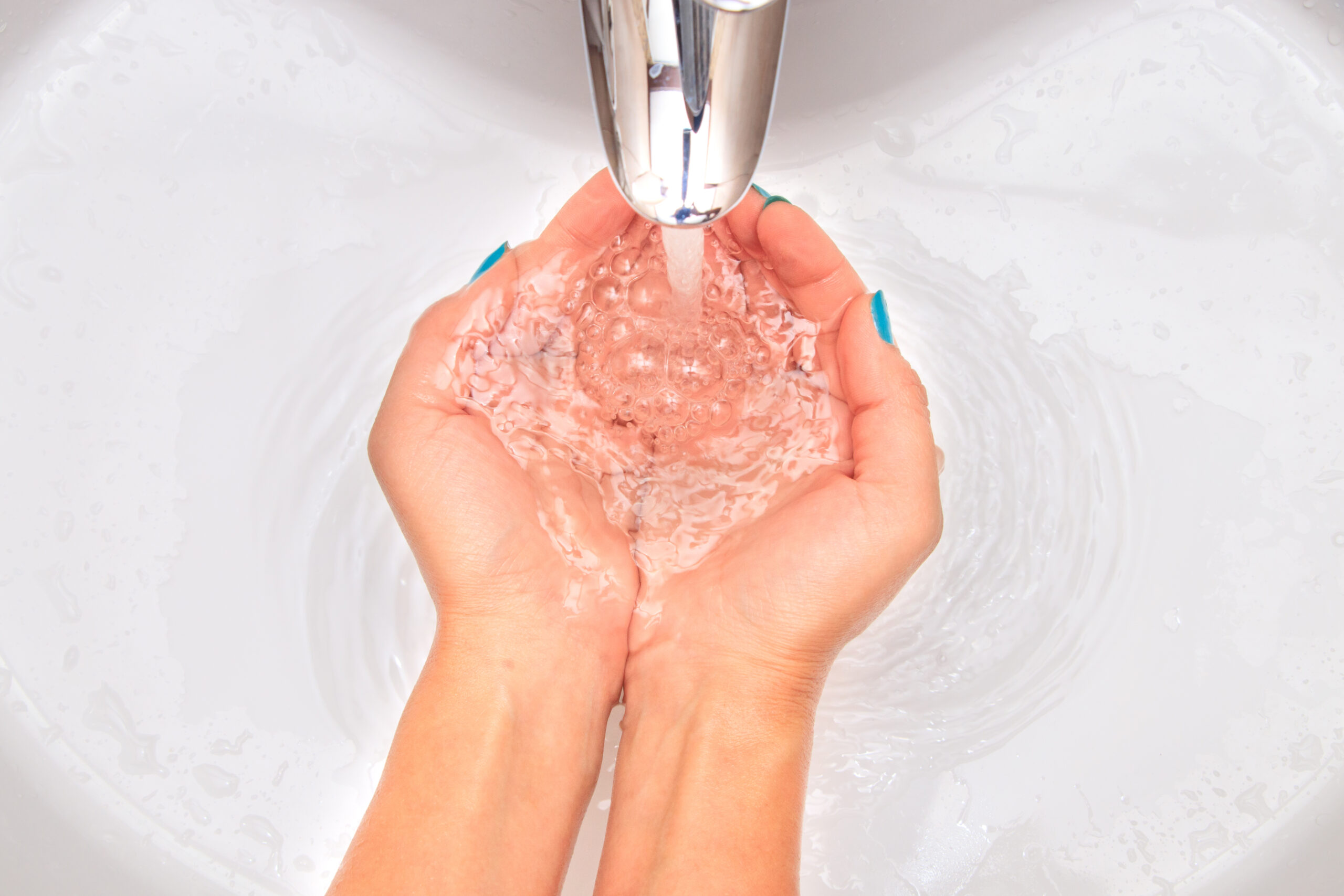
Legionella water testing is important for preventing outbreaks of Legionnaires’ disease by identifying and mitigating the presence of the bacteria in water systems, thus safeguarding public health.
Legionella is a bacteria that can cause Legionnaires’ disease, a severe form of pneumonia. It can grow in water systems that are warm and stagnant, such as cooling towers, hot water tanks, and large plumbing systems.
To prevent the spread of Legionnaires’ disease, it is important to test water systems for Legionella on a regular basis. The standard procedures for Legionella water testing vary depending on the type of water system, but some common steps include:
The following are some additional things to keep in mind about Legionella water testing:
By following these standard procedures, you can help to ensure that Legionella water testing is performed correctly and that the results are accurate.
Here are some additional tips for preventing Legionnaires’ disease:
By taking these steps, you can help to protect yourself and your loved ones from Legionnaires’ disease.
Ben Frieders is the Business Development and Marketing Manager at ChemREADY, an industrial water treatment company, where he focuses on driving growth through strategic marketing, business development, and acquisitions. A former U.S. Navy Chief Petty Officer with a background in nuclear operations, Ben brings a unique blend of technical expertise and leadership to the water treatment industry. Certified in ASSE 12080 Legionella Water Safety and Management, he is a recognized expert in water quality standards, regulatory compliance, and Legionella risk management. Passionate about scaling businesses and optimizing systems, Ben combines data-driven strategies with a hands-on approach to help organizations achieve sustainable growth.